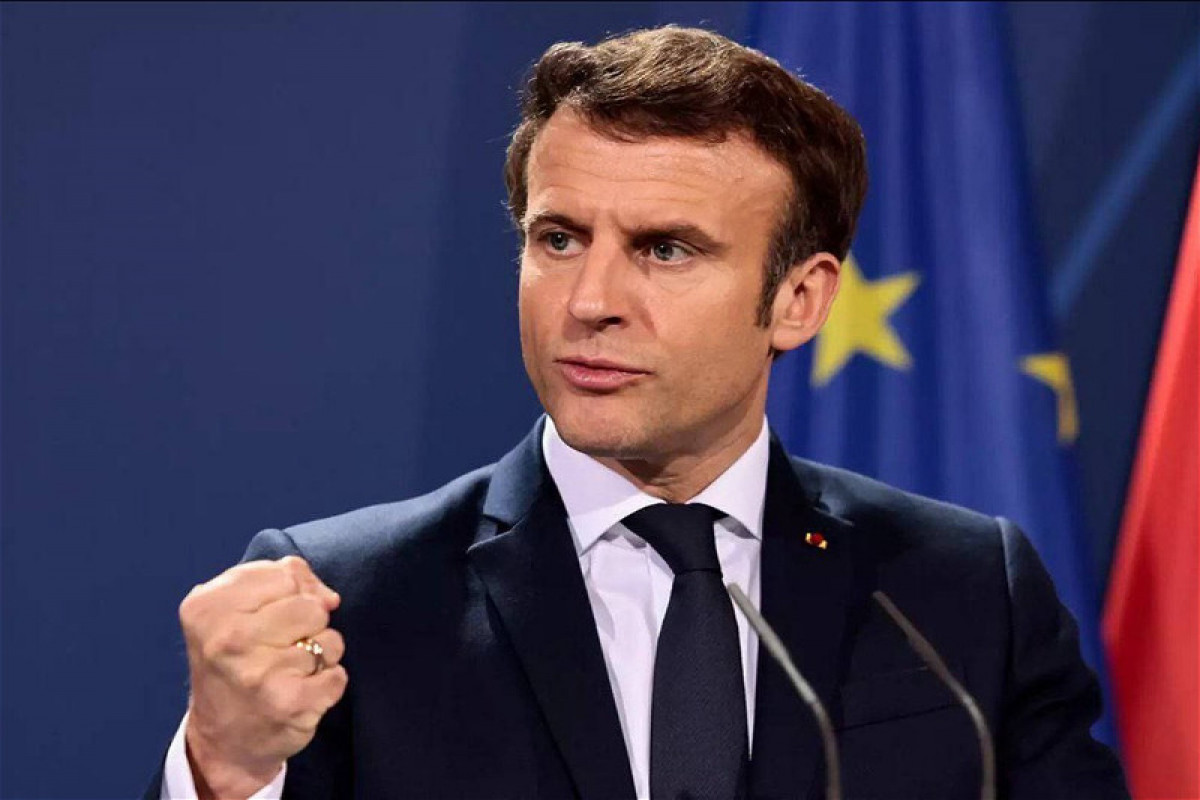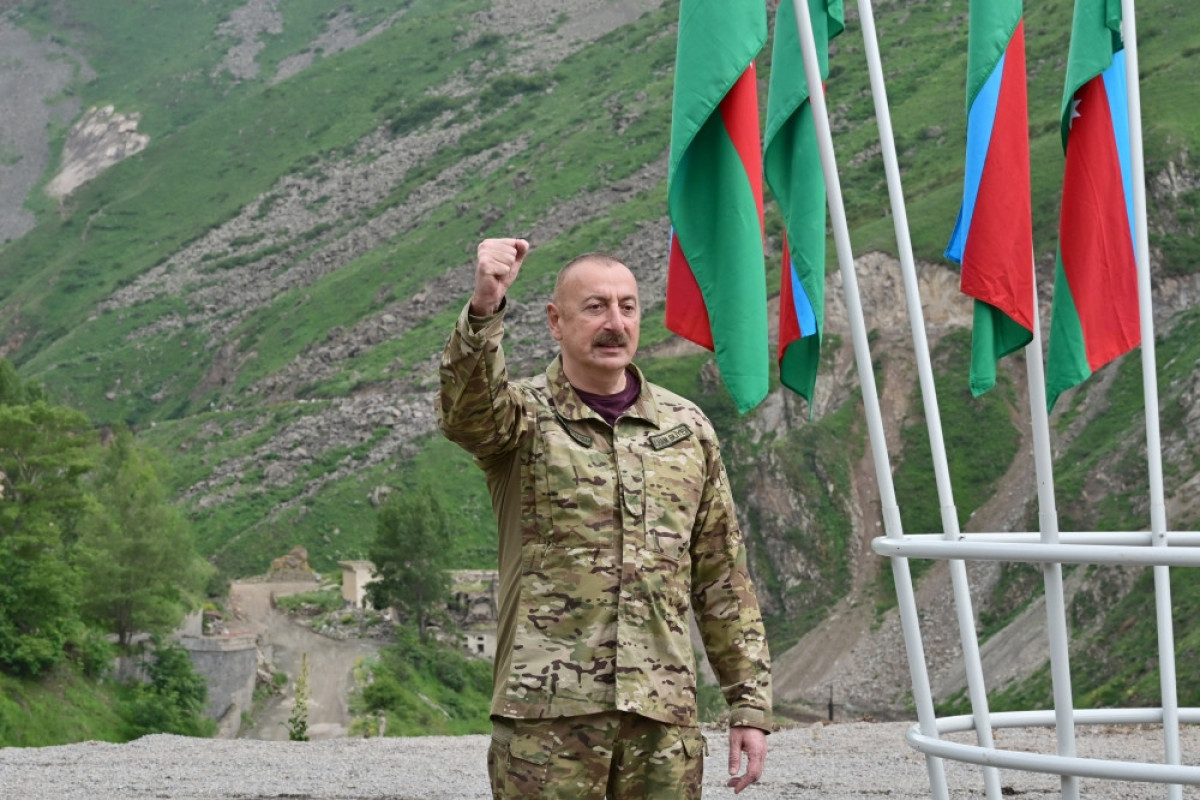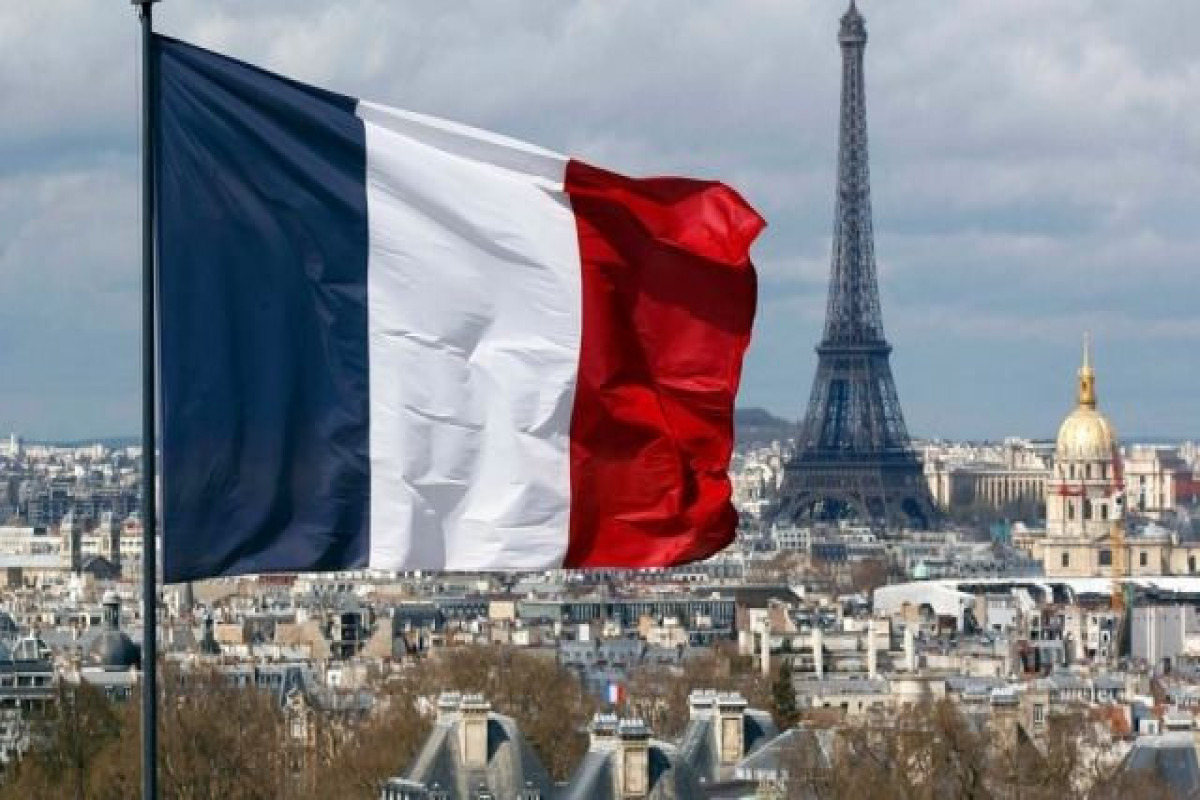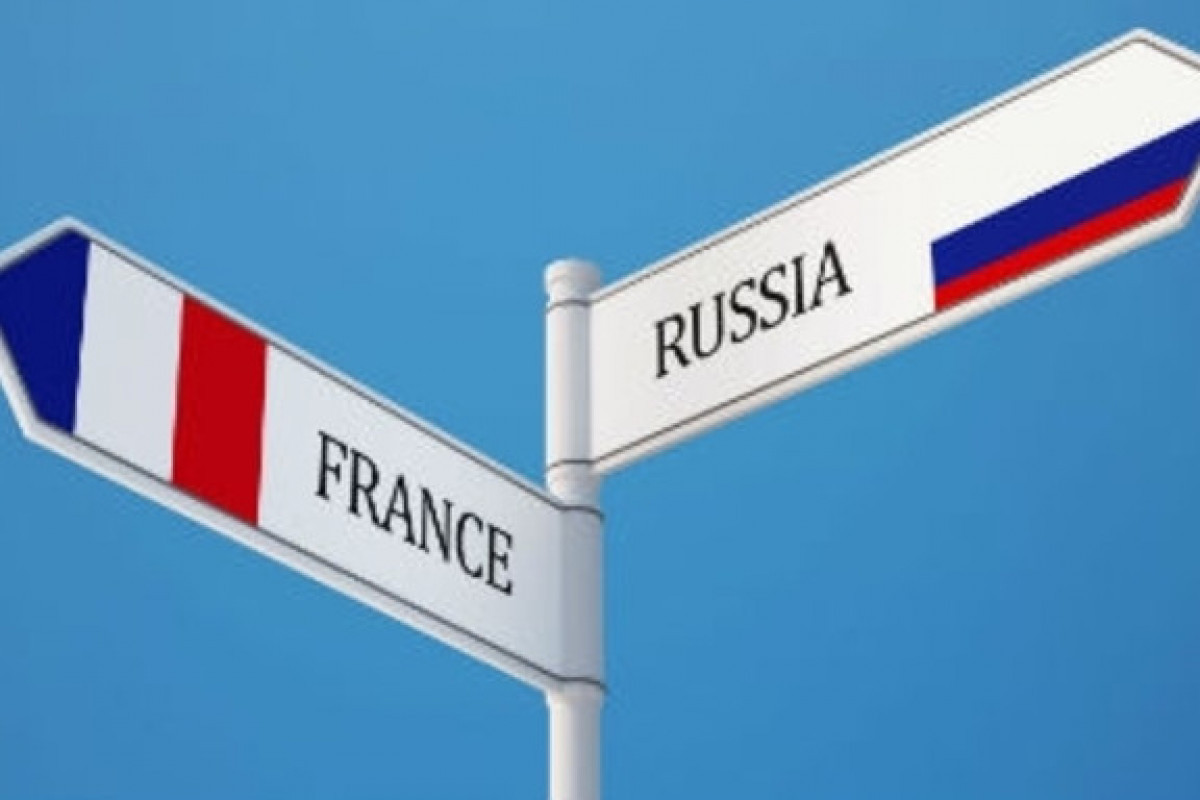Expectations were not vain. Because it was not only Armenians and their lobby that kept the so-called genocide claims on the world agenda, but some powers with imperial interests in the region. To realize their interests in Anatolia and the South Caucasus, those powers instigated national confrontations and mass migration, inciting Armenians to take up arms and rise against the Ottoman Empire and to commit terrorist attacks and massacres. When the tension escalated during World War I, the Ottoman leaders decided to resettle those Armenians living in the conflict zones. During the clashes and resettlement in that while, large numbers of Muslim population along with Armenians lost their lives. Despite being among the losers of World War I and invaded by several countries, a war of independence launched in Anatolia resulted in an end to those invasions, and imperialist powers and Armenians who had committed massacres for some promises made to them ended up undermined. Dissatisfied with such an outcome, they resorted to the lie of “Armenian genocide” in order to both console themselves and fulfill their ambitions.
Organized and consistent efforts of Armenia and the Armenian lobby, support from some big powers to these efforts, and previous resolutions adopted against Turkey consequently give hope to Armenia and the Armenian lobby for 2015 while raising concerns on the Turkish side.
The first surprise of the year 2015 which started in this atmosphere has made by Turkish President Recep Tayyip Erdogan. At a joint press conference with Azerbaijani President Ilham Aliyev, Erdogan announced that an event would be held to celebrate the 100th anniversary of the Victory in the Battle of Canakkale on April 24 and the heads of state and government of many countries would be invited to this event. Azerbaijani President Ilham Aliyev said in his turn that he would mark the Canakkale victory together and thanked for the selection of this date.
By this means, 24 April started to worry not only Turkey, but also Armenia and powers seeking to manipulate this country. With a prompt reaction to the matter, Armenia claimed that this date has nothing to do with the Battle of Canakkale and that it is merely the date chosen for the “genocide”. Of course, there can be varying position in this regard. But from a purely historic aspect, there are a lot of grounds for 24 April to be marked as the centenary of the Battle of Canakkale. The Naval battles in Canakkale took place in 19 February-18 March 1915, and the ground battles started on the night of 24-25 April 1915 and came to an end on 9 January 1916. As for Armenians, 24 April is not even the date when “mass killings” were carried out and migrations began. Armenian armed groups, which earlier committed terrorist attacks and massacres, killed about 5 thousand civilians in Van on April 17. Only after this, on April 24 it was decided to arrest Dashnak, Hunchak, and Ramgavar militants (only 235 out of 77,735 Armenians in Istanbul who were involved in terrorist attacks), and those who were arrested were not executed. The decision on the migration during which the massacre was allegedly committed was taken on May 27, 1915.
Although the statements from Pope Francis I, Russian President Vladimir Putin and President of Germany Joachim Gauck, as well as the resolutions adopted by the European, Austrian and Russian parliaments made Armenians happy, the participation of the presidents of only four countries in the commemorative event held in Yerevan on the 100th anniversary of the so-called Armenian genocide disappointed them. It should be noted that the reaction of two of the four countries – the Republic of Cyprus and Serbia - to the regional policy of Turkey is known as Russia and France are among the countries that were planning the events of 100 years ago. Nevertheless, Putin refused to use the term “genocide” in his speech in Yerevan; Francois Hollande arrived in Azerbaijan on the same day and tried to imagine his trip to Armenia as part of his visit to the region.
However, despite being declared a short time ago, the events dedicated to the Canakkale Victory were attended by presidents of more than 20 countries, four prime ministers, heads of several international organizations, including Secretary General of the Council of Europe Thorbjorn Jagland, speakers of parliaments and ministers. With regard to the decisions and statements supporting the Armenian claim, Vatican, Russia, France and the European Parliament have earlier demonstrated the similar approach. Their step was the "repetition of the previous one". Germany's step was innovation, but in fact it was expected. It is trying to repudiate the image of “the first state committing genocide”, almost trying to blame Turkey for the genocide committed against the Jews. They have been planning this for years that demonstrating this position on the eve of “the 100th anniversary” would be more effective in terms of Armenia, as well as Germany wouldn’t face strong response as there would be decisions and statements against Turkey all around the world. As the second part of their ideas haven’t realized, Turkey gave as strong response to Germany as it gave to Russia and France.
As a result it can be noted that this year for the first time April 24 came closer to the true nature of its time and was not a day of anxiety or fear for Turkey and the Turkic world. This nature is that great powers tried to use "Armenian factor" for imperial purposes in the region, somehow achieved it in the first stage, the Armenian side benefited from it, but then they retreated as a result of Turkish power in Anatolia, the Armenian side was disappointed and left alone. This nature once again showed that an atmosphere of peace and cooperation needed in the region can be achieved through abandoning the aggression, but not through hatred formed with the support of external forces or massacres.
Turkey and Azerbaijan’s demonstrating a single position against external plans, makes joint or different friends and rivals of the two countries think and take more prudent steps. This strategy, based on the energy and security factor, is likely to yield positive results in the future.
On the other hand, it should be noted that, except for the positive dynamics, the situation is not satisfactory. Sometimes, incoordination of activities creates obstacles to achieving the desired results. Moreover, the historically unfounded statements by several Turkish officials, reinforcing Armenia’s position and causing confusion in Turkish public opinion draw attention as a negative factor.
It’s clear that the claims regarding so-called “Armenian genocide” will never end. As it was noted, along with the Armenian side, Armenian lobby and powers which are interested in the region are also involved in these activities. Those powers will always try to use “genocide” against Turkey as a weapon. At the same time, one needs to take into account that the claims of genocide is more related to recent years and future than remote past. Armenians also focus on the issue of “Armenian genocide” to overshadow the occupation of Azerbaijan’s territories, acts of genocide committed in these lands and get a reward instead of punishment for invasion. Therefore, the current strategy being used against Armenian activities would be an appropriate step in terms of exposing the lies about the “Armenian genocide” and bringing to the world community the Armenian aggressive policy and acts of genocide committed by Armenia. Only the removal of the above-mentioned shortcomings could lead to more serious results.
Araz Aslanli,
Especially for APA Analytic Center






 ANALYSIS'>
ANALYSIS'>
